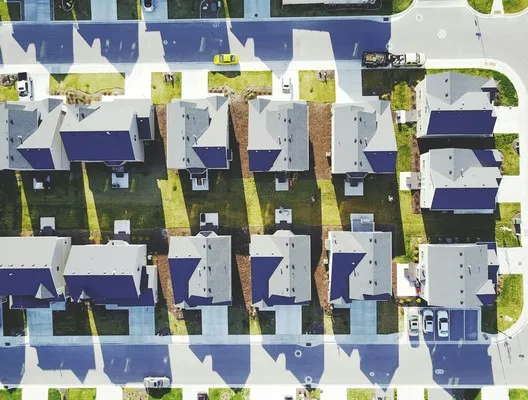Table of Contents
- Historical Trajectory of Urbanization
- Theoretical Frameworks in Urbanization
- Contemporary Implications of Urbanization
- Case Studies of Urbanization
- 1. Shanghai, China
- 2. Lagos, Nigeria
- 3. São Paulo, Brazil
- Conclusion
- Think!
- Essay Suggestions
- Research Suggestions
- Further Reading
Urbanization is a critical concept in sociology, reflecting the increasing movement of populations from rural to urban areas and the growth of cities. This process profoundly impacts social structures, economic activities, cultural dynamics, and environmental landscapes. As urban centers expand, they become focal points for innovation, economic development, and social change, but also sites of inequality, environmental degradation, and complex social challenges. This essay will explore the multifaceted nature of urbanization, its historical trajectory, theoretical frameworks, and its contemporary implications.
Historical Trajectory of Urbanization
Urbanization is not a modern phenomenon; it has roots deep in human history. The first significant wave of urbanization began around 3000 BCE in Mesopotamia, with the emergence of cities like Uruk and Ur. These early cities were centers of trade, political administration, and cultural development. The classical civilizations of Greece and Rome further advanced urbanization, with cities becoming central to administrative control and cultural life.
The industrial revolution of the 18th and 19th centuries marked a transformative period in urbanization. Technological advancements, such as the steam engine and mechanized production, led to mass migration from rural areas to urban centers in search of employment. Cities like Manchester, London, and New York grew exponentially, symbolizing the shift from agrarian economies to industrial powerhouses. This period also highlighted the stark contrasts between wealth and poverty, health and disease, and social cohesion and disintegration within urban environments.
Theoretical Frameworks in Urbanization
Urban sociology has developed various theoretical frameworks to understand the processes and implications of urbanization. These theories offer different perspectives on the causes, characteristics, and consequences of urban growth.
1. The Chicago School
The Chicago School of urban sociology, emerging in the early 20th century, was pivotal in shaping the study of urbanization. Scholars like Robert Park, Ernest Burgess, and Louis Wirth focused on the social ecology of cities, viewing urban areas as dynamic organisms with distinct zones and patterns of human behavior. The concentric zone model, proposed by Burgess, described the city as a series of rings with distinct social characteristics, from the central business district to the outlying commuter zones. This model emphasized the role of economic competition and social differentiation in shaping urban landscapes.
2. Modernization Theory
Modernization theory, prevalent in the mid-20th century, linked urbanization to the broader processes of industrialization and economic development. It posited that as societies modernize, they undergo a transition from rural, agrarian structures to urban, industrial ones. This transition was seen as essential for economic growth, improved living standards, and social progress. However, modernization theory has been critiqued for its Eurocentric perspective and its failure to account for the diverse pathways of urbanization in different cultural and historical contexts.
Get the full article AD FREE. Join now for full access to all premium articles.
View Plans & Subscribe Already a member? Log in.





